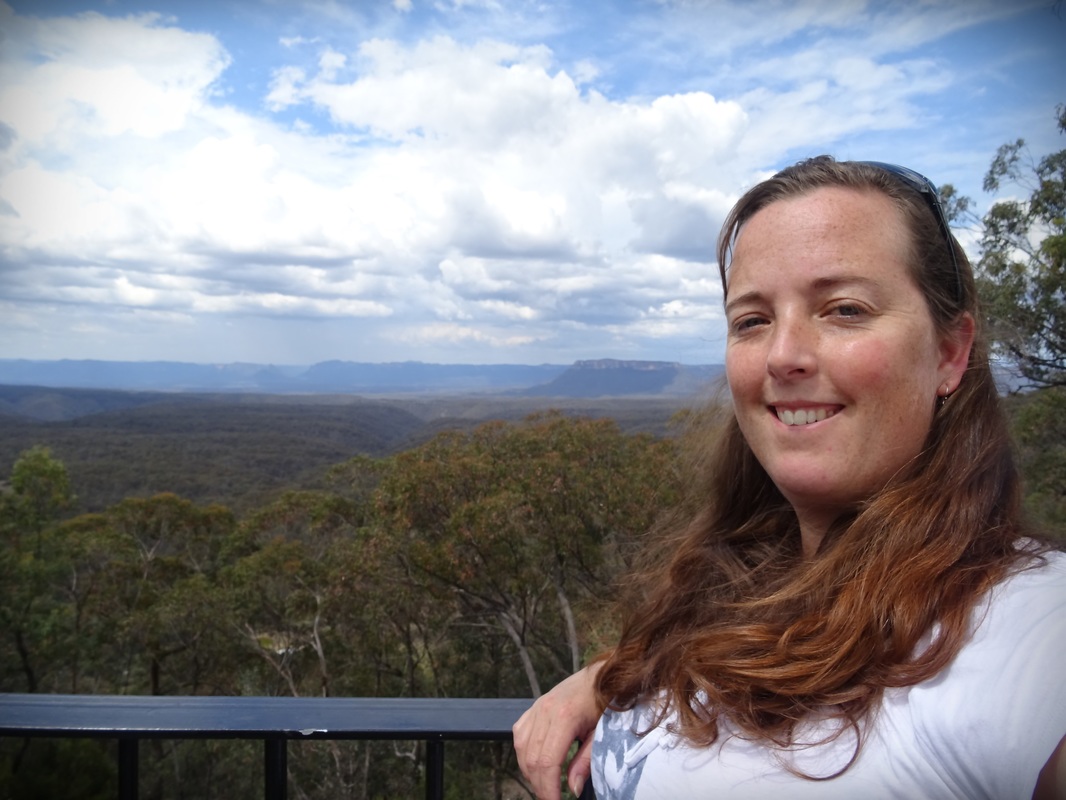|
Solanum ovigerum, the Easter white eggplant.
2 Comments
I gave a talk yesterday at the UoN Research Staff Conference on my experience with fellowships and fellowship applications and I thought it might be useful to others so here is a version of that talk. ----BIG DISCLAIMER---The views presented here are based on my own experience of applying. I've never been on a selection panel. For advice from the other side do talk to your administrative support team.  Once upon a time in a galaxy not far from here there was a professor who felt their wisdom would help people. “You all need nature papers to be successful getting fellowships.” He pontificated. – To this, one scientist put up their hand – “I don’t have a nature paper but I have had fellowships…”. The professor replied, “well… yes… but no-one gets a senior fellowship without nature papers”. Again the scientist put their hand up, “but I have an interview for a senior fellowship next week and I still don’t have any nature papers”. To which the professor said “yes but I’m surprised they shortlisted you over people with nature papers”. The scientist was me and I got that fellowship. Today I want to tell you my experience with fellowships and my 4 golden rules of applying for fellowships. I’ll give you some general advice about fellowship writing and interviews and I hope this will help you overcome the dark-side in a galaxy full of emperors! Why a Fellowship?Good:
Bad:
Mandy's Golden Rules of Fellowships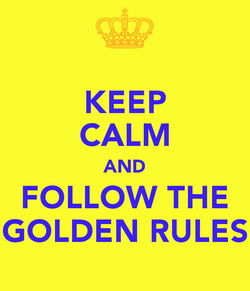 Rule 1): You have to be in it to win it. It’s true. If you don’t apply you will definitely not get one. Rule 2): You do NOT have to have a nature/science paper to be competitive. Of course it does help and if you are doing work that can get you a Nature or Science paper then of course do it! It also depends a little on the fellowship but I got my Marie Curie Fellowship with one first author article in New Forests (IF 1 ish at the time), one co-author paper which was accepted in Aust J of For research (even lower), one first author submitted to New Forests (but not accepted yet). I then got the Newton Fellowship with my Plant Phys paper from my PhD which is still my highest research paper. Now I have the NRF – No Nature/Science papers in there… Rule 3): You have to be resilient. For every successful fellowship I have on average 3 unsuccessful applications. Rule 4): Ignore discouragers – If I listened to every person who told me ‘oh they’re very competitive, you’ll never get one of them’ I would not be where I am now. Refer to rule 1 (and then privately gloat when you are successful). The story I told at the beginning was by no means the first time I’ve been told I’d never be successful, or that I need nature papers. I’ve learnt to be a selective listener. Take on board constructive advice (that means if someone says they think your project is rubbish, think about how you can make the description more clear, how you can sell it more – but ignore the unhelpful comments like you’re wasting your time applying, you’ll never get it, etc). So you've decided to apply - general advice
Now you've got an interview:
Once you get to this point and you've done your best it depends on the direction of the wind. So go home, relax and know you've given it your best regardless of the decision. - Ok so I've never been able to relax after but I have had both unsuccessful and successful outcomes from interviews now and you learn from each one. I gave it my best on each and there’s nothing more you can do. If unsuccessful, pick yourself back up and see what you can learn for the next one. Ask for feedback…I've never found the feedback all that useful personally but I ask anyway – you never know. The other thing is, the more applications I've put in, the more support I've had from mentors…and I get it now….everyone is busy but when they see someone pick themselves up and try and try again they can see you are motivated and that’s worth investing time in. (I’d venture to say, if you find people are consistently not supporting you, go somewhere else). When successful – Celebrate big time. You now have one year before you need to start again (or two years if it’s a 3 year fellowship). Or even better it’s linked to a more permanent position - now you need to get grants but that’s a story for someone else to tell! Today was the kind of day that makes the bad days worth it. The most exiting moment was having one of the PhD students - Priya- come into my office positively bouncing with this: For the record - it wasn't the chocolate that made it special (although that never hurts!) - It turns out she was awarded the Tri Campus Postgraduate Award for which I nominated her! Very prestigious award and very well deserved! The awards are based on both academic and community contributions and she is extremely active in both areas. Not only that, she does it in the absence of her primary supervisor who left just after she started so she has shown excellent initiative.
I've watched Priya since the first year of her PhD when I was the senior post-doc in the lab and (at the risk of sounding patronising) I'm so proud of what she has achieved! There will be news articles which I'll share too when they come out. My other (far less exciting) good moment is that a newsy short summary of our review has just gone online at the Atlas of Science: http://atlasofscience.org/advantageous-adventitious-roots-ecology-economy-and-our-existence/ Always a good exercise to distil out the key point of why we wrote something for a more general audience! Since it was International Women't Day yesterday, I thought I should make a few comments on my own experience.
First and foremost: Thanks to all the women and men who in the past have stood up and shouted about equal rights. Thanks to these people, my own career progression has been a lot smoother than it might have been even just a few years before. My own experience has been fairly oblivious to the gender imbalance until fairly recently thanks to my fantastic parents who encouraged me in whatever interested me (during school and my first attempt at university in aerospace engineering and then to a Science Degree which has led me to where I am now). I also had wonderful mentors at university, both women and men and having this support based on my work ethic and not my gender meant I 'grew up' (well whether I grew up at all is debatable but let's pretend for a moment) protected from doubting my ability based on my gender. I worked in forestry after my degree as a minority (in age as well as gender) and it never crossed my mind thanks to the wonderful people I worked with there, many of who I'm still in contact with. Now I don't want to suggest there aren't still problems in Australia, because I know there are. However my eye-opening occurred after I left Australia. Since then I've listened to some academics (who thankfully are a minority in my experience) carry on about how 'despite being surrounded by women scientists' they have still been successful in their careers. Or who have rolled their eyes when women professors are speaking. More commonly I've come across the other extreme which in my opinion is harder to deal with and that is unconscious bias. How do you slap people who say things like how they want to support the female new academics? Clearly they mean well, but what about supporting new academics and leave out the gender? These kind of comments are patronising and insulting. It's the same as saying 'because you're female you're not as good as your male counterparts so as a man I'll help you make it'. This is a massive issue and I think we (men and women) need to point it out more when we notice it occurring. Thankfully there are only a few people in my work sphere that are like this and the rest are supportive of everyone - including me, but not exclusively me. My goal is to become a good mentor and leader. If that means female students or staff look up to me, that's great! But if it means both female and male students or staff look up to me then I'll have succeeded! To borrow and adapt an X-men quote, in the past perhaps 'Female and proud' would have been necessary but I argue that in 2016 we should be 'human and proud!' or more specifically: "Scientist and Proud!" |
AuthorAmanda Rasmussen Archives
May 2023
Categories |
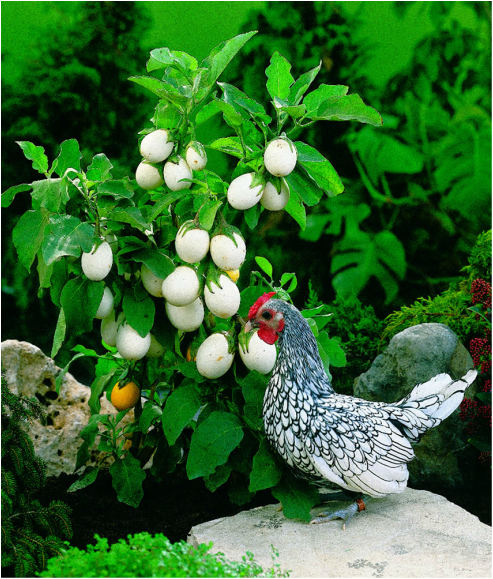
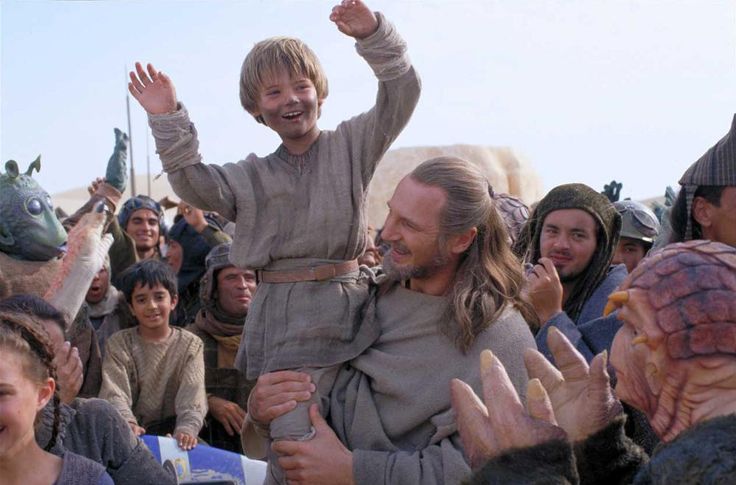
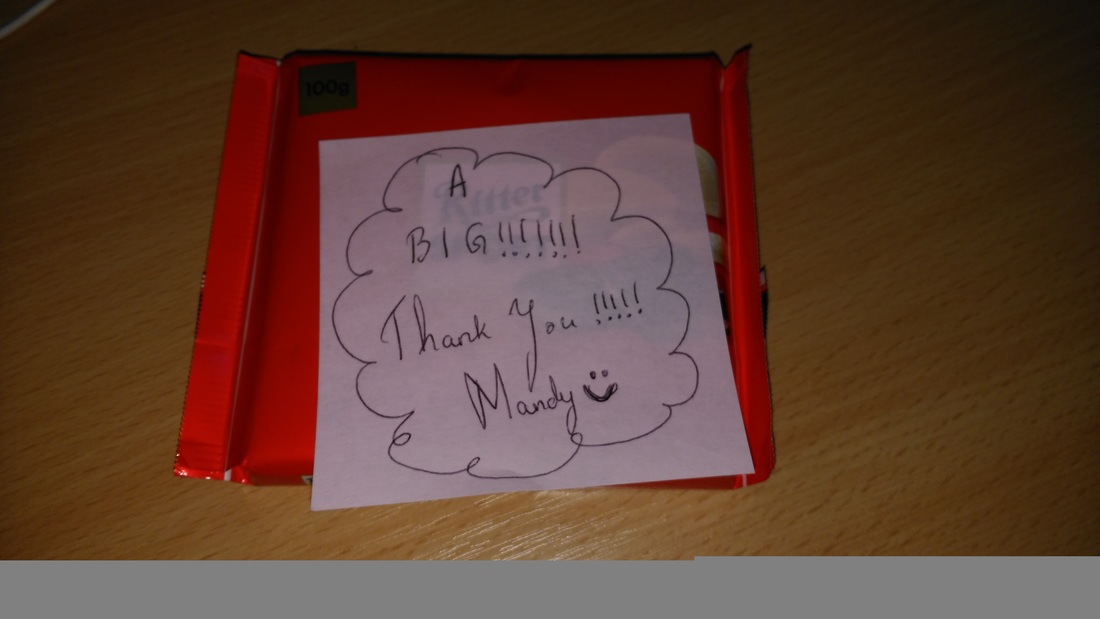
 RSS Feed
RSS Feed
